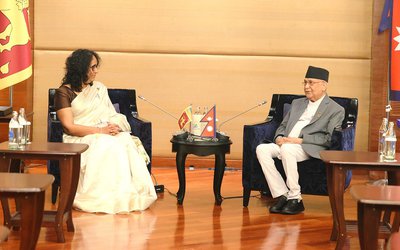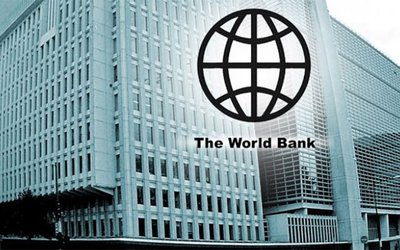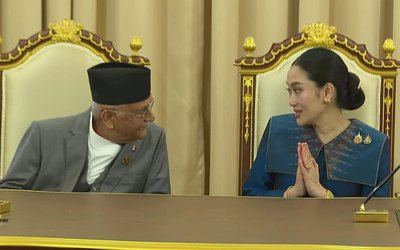In order to create a so-called balance in the village demographics and to redistribute opportunity, the elites, composed essentially of a half a dozen superannuated persons, concluded that one factory needed to close and its operator sent into exile. A long list of rationale for the closure and the departure was prepared and their benefits eloquently justified. The ruling was engraved in silver on a golden plate. That the closure and the departure would bring heavenly pleasure to the rest of the villagers was notarized by the notary public. That peace, prosperity and progress of the village were now guaranteed was certified by the chief elite. This was, for the elites, an admirable opportunity for the exercise of their imaginative faculties. They skillfully acted like the arbiter of the villagers’ taste and the censor of their logic. There was no visible grievance, and protests, if any, were quieted in silence.
The decision was celebrated with a big fanfare. The public gardens were lit. The zoological park was opened. In every village corner, parties were thrown, dances were organized, and beverages were poured aplenty. The professionals -private, public, liberal, or mixed- all were ecstatic. Their long awaited dream had finally come true. The very next morning, even the roosters began crowing well before sunrise, and perhaps to welcome the decision, they did crow longer. The series of cock-a-doodle-doos at dawn, according to those responsible for measuring the pitch, were more intense and frequent than usual.
The morning after the joyful night, the village folks, neatly dressed and ready to partake in their usual chores, went to the local diner for their usual snack of bread. “There is no bread,” answered the salesman. “No bread?” echoed the crowd. “The baker is gone. There is no one to make the bread. The bakery is closed,” explained the salesman.
Only then the village folks realized that the person they had sent into exile was the only baker in the village. The only one who traditionally produced and supplied bread to all the villagers. His was the only operating bakery. He supplied breads of all types: short bread, long bread, wheat bread, rye bread, bread with sugar and sugar-free bread, bread for the morning, bread for the night, bread for those who lived on the river banks, left and right; and in the evenings, rewarded himself with the remaining crumbs, often crunchy, for his own bite.
The villagers failed to understand why they all had agreed to send the baker away, but soon came to realize that, actually, they had not been consulted; that the decision was imposed from haunts; that their concurrence was snatched; that they had inherited a done deal; and that, in the whole process, the social contract to consult, a requisite in a society of human beings, had been breached.
The elites, accompanied by a horde of ex-officio intellectuals, who collectively really acted among themselves as if they were a good set of fellows, and with so much on their consciences and shoulders, again decreed that they had no choice but to design a new bakery and to start making bread themselves. For this, they diligently carried out lengthy research. Their investigation covered all aspects of flour, the quantity used as well as the variety available, and other ingredients, such as water, salt, sugar, yeast and so forth. Their research assessed the capacity and the mechanics of the tools and equipment, wheeled the different techniques of mixing the dough, and memorized the multiple steps and processes to be followed. Much time and resources were spent on learning, and, needless to say, all became experts. All were able to propose a shape and length for the bread, they were able to fix the value of the bread, and they were able to create a psalm or an eulogy about the bread, all as they saw fit and, not surprisingly, with their own lens. Yet, inside the oven, the bread would not rise. It would not stick. It would not exude any fragrance. Somehow, the temperature was not right, the gluten was missing, the color was faded, and the product was deformed.
Arguments then continued, counter proposals were then made, blame game then proliferated, scapegoats were then found, skirmishes then initiated, demonstrations then organized, frustrations then expressed, and regrets then came vivid.
At that particular time, whilst thinking freely and opining candidly were still regarded as an expensive and undesirable business, the villagers were forced to come forward with their consensus claim that they first needed bread on their plate, and all shouted “call him a baker or not, we need a bread-maker.”

Dr. Kishor Uprety
The author can be reached at kshitiz@juno.com
- The Time To Reminisce And Reiterate
- Mar 08, 2025
- Not Yet Totally Lost. Hope Remains!
- Jul 20, 2023
- Book Review: CHAKRABYUHAMA NEPAL KO JALASROT (WATER RESOURCES OF NEPAL IN A LABYRINTH)
- Jan 14, 2023
- An Overture Filled with Confusion
- Nov 27, 2022
- A Tumultuous Destiny
- Apr 18, 2022














